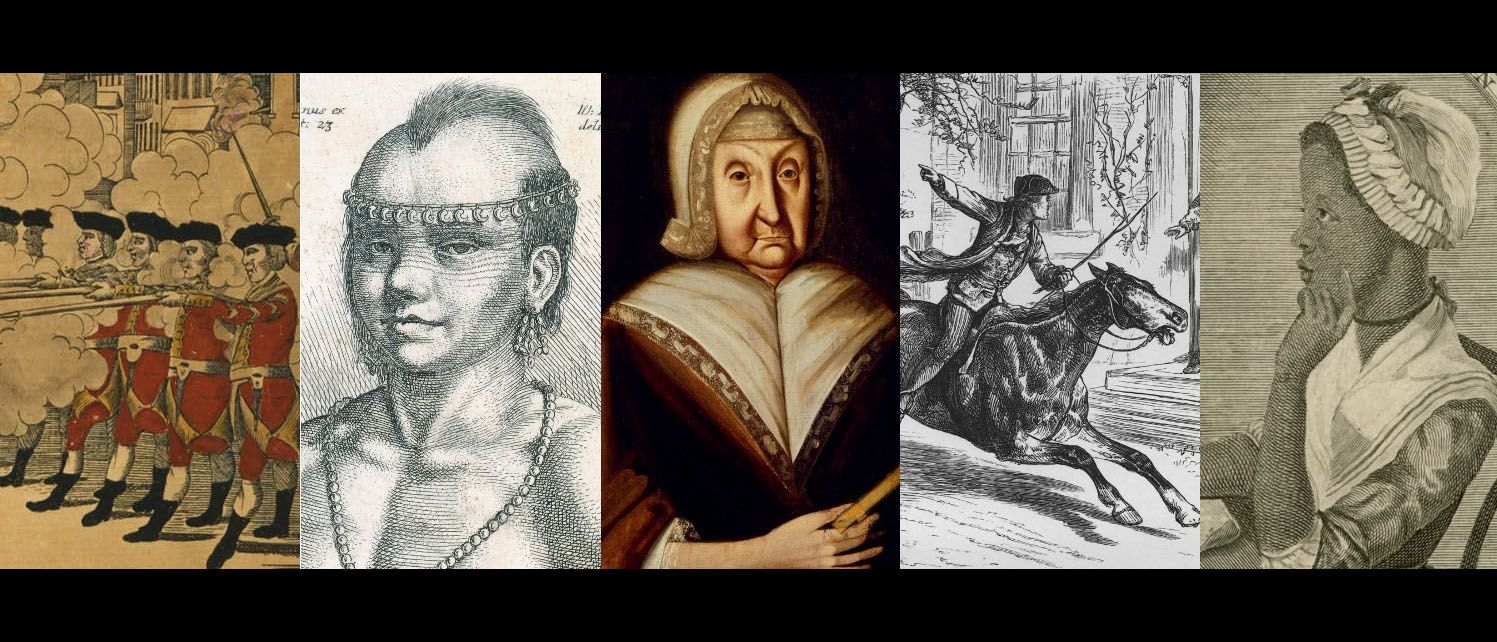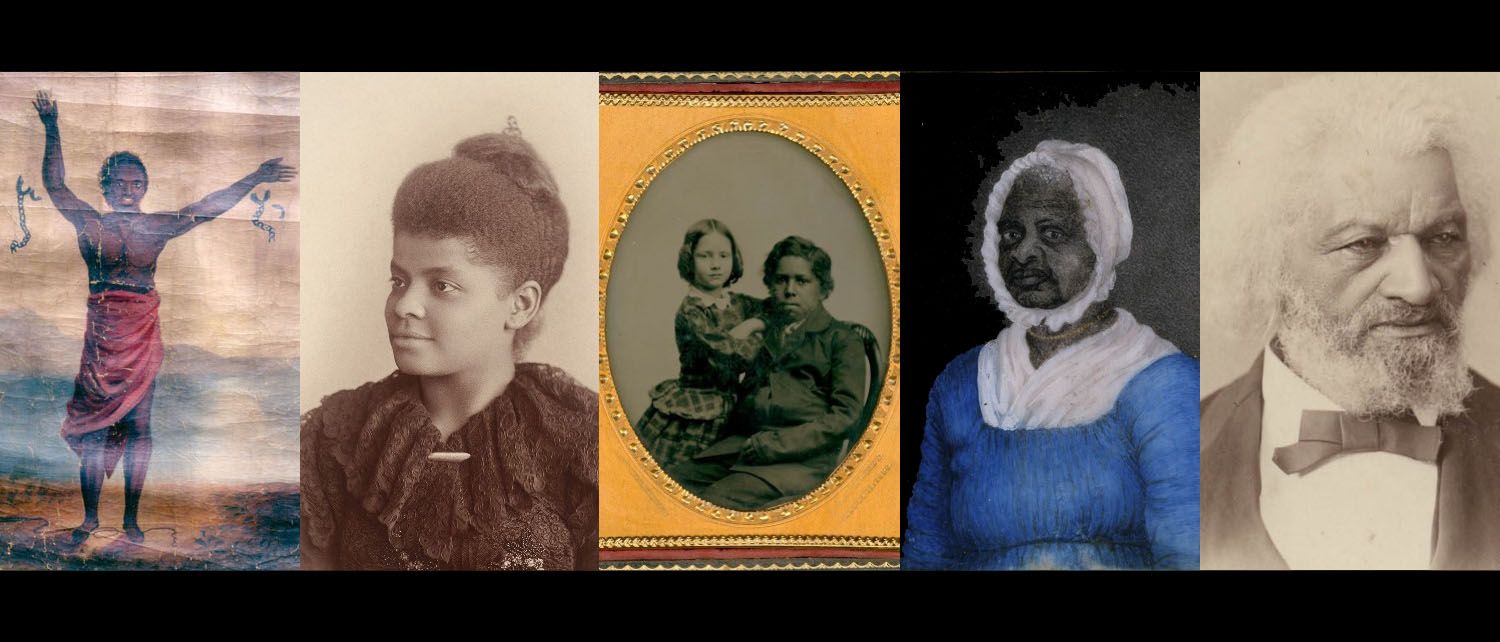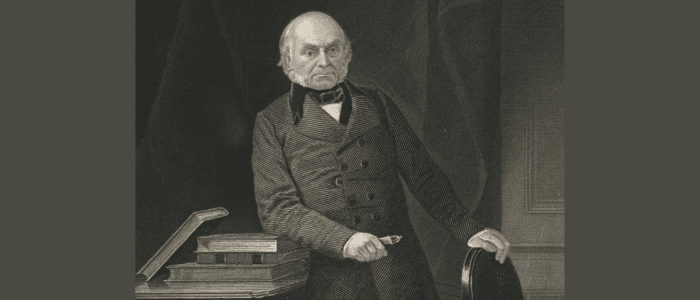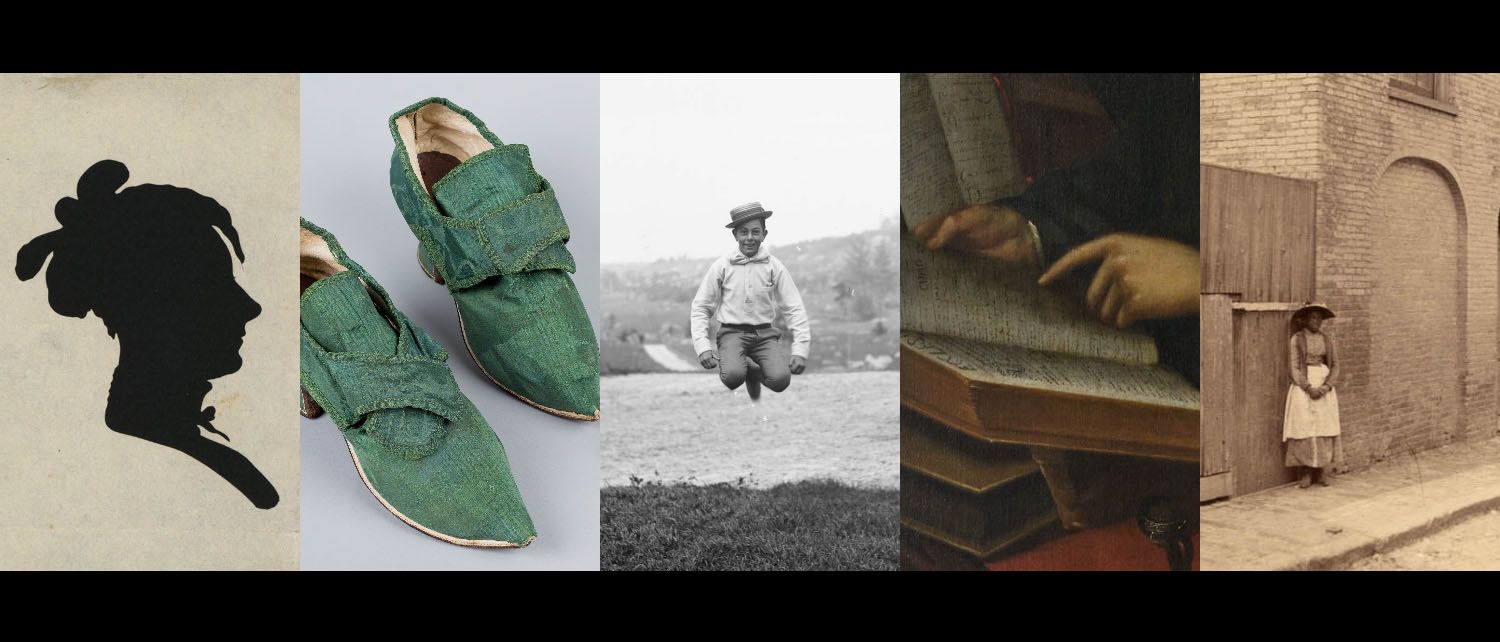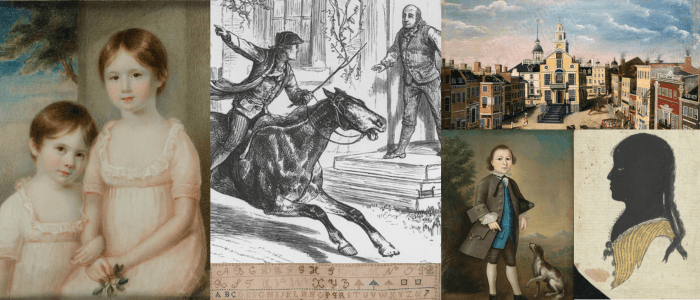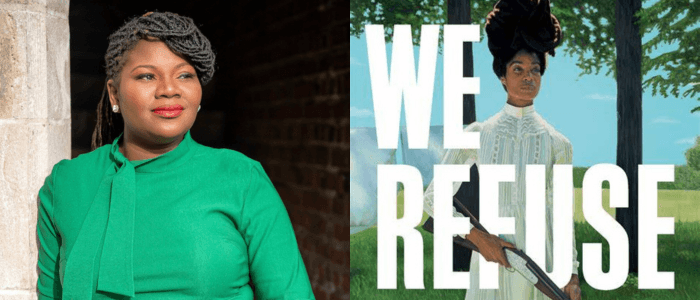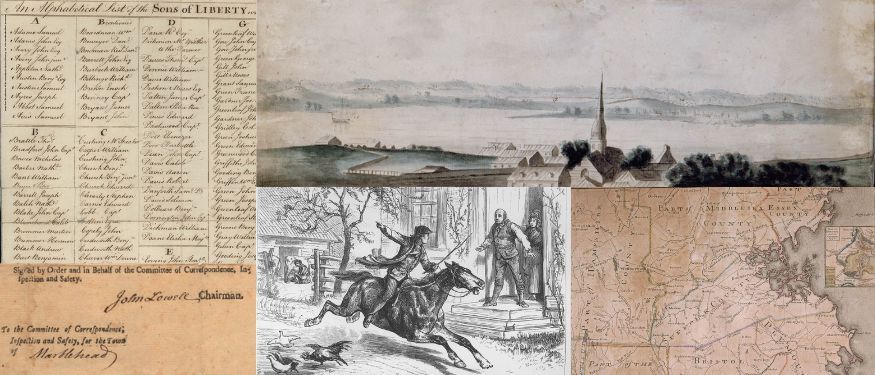Event

This Land is Your Land Series: The Future of Our Land
Kathy Abbott, Boston Harbor Now; Austin Blackmon, Chief of Environment, Energy and Open Space for the City of Boston; Madhu C. Dutta-Koehler, City Planning and Urban Affairs, Boston University
$10 per person fee (no charge for MHS Fellows and Members or EBT cardholders).
The Boston metropolitan area is in the enviable spot of having more people who want to live and work here than there is space for. Real estate regularly sells for prices that would have seemed inconceivable twenty five years ago. This situation puts more funds in municipal coffers, but what will this increased demand and density do to plans to preserve open space? How will climate change impact our priorities for preserving open space and how might it limit our options?
MHS is proud to partner with the Trustees of Reservations, the Department of Conservation and Recreation, Mount Auburn Cemetery, the Emerald Necklace Conservancy, and the Norman B. Leventhal Map Center to plan this programming.
This program is supported by the Barr Foundation.
There will be a pre-talk reception at 5:30
